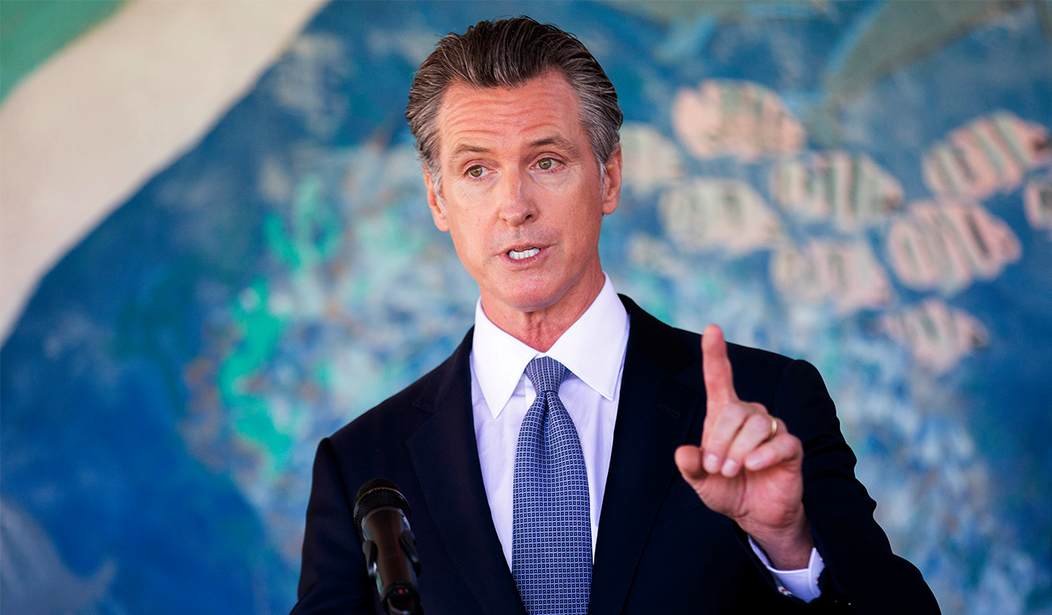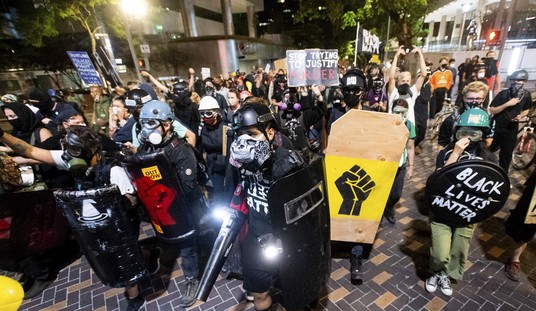As you may recall there are two different efforts focused on reparations taking place in California simultaneously. One was specific to San Francisco whose board of supervisors created the African American Reparations Advisory Committee (AARAC) back in December 2020. The other effort was the California Reparations Task Force put in place by Gov. Newsom in Sep. 2020. The point of both efforts was to come up with a workable plan for offering cash reparations.
AARAC eventually came up with a number of $5 million for every eligible person plus a bunch of other subsidies including supplementing the income of low-income households for 250 years and also comprehensive debt forgiveness.
Naturally, San Francisco had no idea how it would pay for all of this. The city’s annual budget is about $14 billion. Just the cost of the $5 million lump sum payout could be ten times that amount. AARAC later confessed that when putting together their proposal they hadn’t used any math.
“There wasn’t a math formula,” said Eric McDonnell, chair of the reparations committee and the principal of Peacock Partnerships, a San Francisco-based consulting firm. “It was a journey for the committee towards what could represent a significant enough investment in families to put them on this path to economic well-being, growth and vitality that chattel slavery and all the policies that flowed from it destroyed.”…
John Dennis, chairman of the San Francisco Republican Party, says that he’s open to a conversation about whether Black residents should receive reparations but that the proposal wasn’t a serious effort to start one.
“This is just a bunch of like-minded people who got in the room and came up with a number,” he said. “You’ll notice in that report, there was no justification for the number, no analysis provided. This was an opportunity to do some serious work and they blew it.”
The San Francisco plan made the California state reparations plan look reasonable by comparison, though of course it’s still far beyond the state’s budget.
Economists advising California’s task force on reparations have, at long last, released an estimate of the damage caused by the state’s history of slavery and its many vestiges of white supremacy: up to $1.2 million per Black resident over a lifetime…
An economist for the reparations panel has said the plan could cost California more than $800 billion; the state has a roughly $297 billion annual budget.
So with all of that in mind, you’ll be shocked to learn that California residents overwhelmingly reject the idea of cash reparations.
The UC Berkeley Institute of Governmental Studies poll, co-sponsored by The Times, found that 59% of voters oppose cash payments compared with 28% who support the idea. The lack of support for cash reparations was resounding, with more than 4 in 10 voters “strongly” opposed.
“It has a steep uphill climb, at least from the public’s point of view,” said Mark DiCamillo, director of the IGS poll.
One interesting aspect of the poll is that voters who opposed this didn’t say they opposed it because it was too expensive but because they felt it was wrong:
In the Berkeley poll, when voters who oppose reparations were asked why, the two main reasons cited most often were that “it’s unfair to ask today’s taxpayers to pay for wrongs committed in the past,” picked by 60% of voters, and “it’s not fair to single out one group for reparations when other racial and religious groups have been wronged in the past,” chosen by 53%.
Only 19% said their reason was that the proposal would cost the state too much, suggesting that money alone is not the main objection.
But there was a clear difference when breaking down the results by race. Black respondents overwhelmingly support the idea while respondents of every other race were strongly against it.
Black California voters were more likely to support cash payments than any other demographic, with 76% in favor and 16% opposed, the survey found. Almost two-thirds of white voters were opposed as were 6 in 10 Latino and Asian voters.
California is the first state to consider reparations on a statewide level. That means there were other progressive state leaders around the country waiting to see how this would play out. The fact that voters are overwhelmingly against this in deep blue California is going to put a real damper on the willingness to head down this road. Already, it seems like Democrats are trying to move the goalposts. Having asked for a cash payout figure, Gov. Newsom and others are now emphasizing that reparations doesn’t have to mean a cash payout. “It doesn’t have to be in the frame of writing a check; reparations comes in many different forms,” Newsom said.
So we’ll have to wait and see where this goes next but at the moment this is another sign that even California voters have a limit. They want progressive school boards but not the woke idiocy we saw in San Francisco. They want criminal justice reform but not the obvious decline in city living standards they saw under Chesa Boudin. And on this issue they believe Black Americans have been historically mistreated but they aren’t going to support taking money from present day workers to shell out billions in cash reparations.







Join the conversation as a VIP Member